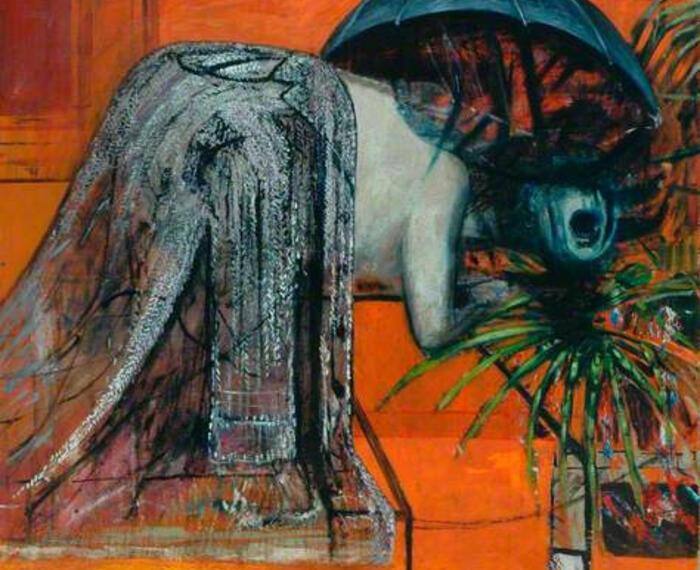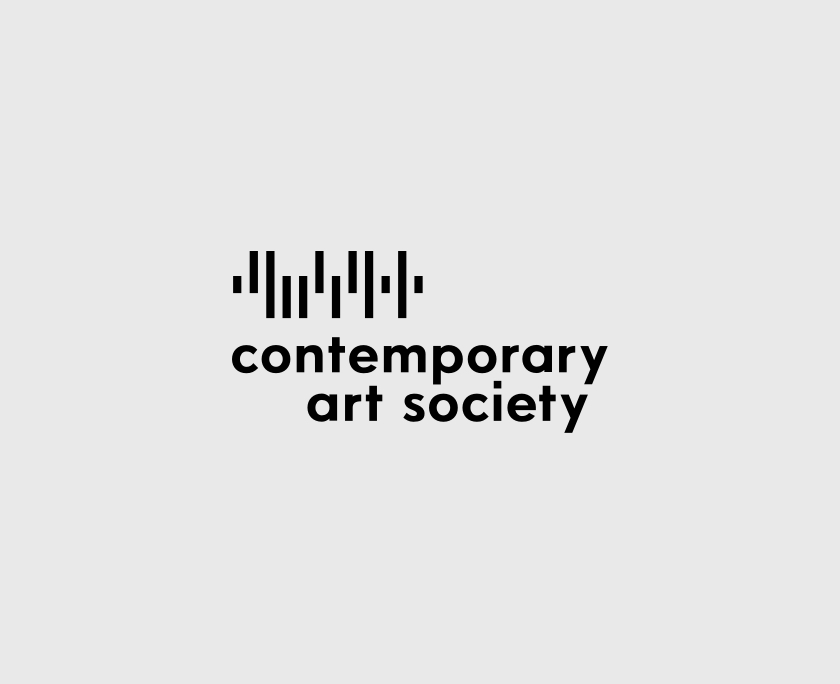Jacqueline Bishop's interdisciplinary practice centres on revealing the ephemeral, articulating the unspoken, and narrating untold stories to foreground the experiences of the voicelessness. Having spent more time outside her birthplace of Jamaica than on the island itself, Bishop brings a unique perspective to her work, aware of what it means to be simultaneously an insider and an outsider. This dual perspective enables her to perceive environments from a distance and navigate various psychological and territorial realms. Additionally for Bishop, who is also a fiction writer and poet, the use of text and narratives – borrowed or authored by herself – plays a prominent role in her artistic process.
Commissioned by The Harris, Preston Fauna (2024) is a series of porcelainware glazed with digital transfers from Bishop’s own drawings. She then collaborated with Emma Price, a British ceramicist based in Stoke-on-Trent's former Spode factories, to fully realise the work. The series emerged from Bishop's long-standing inquiry into the role of black women in Caribbean society, particularly their maternal health prior to the abolition of the slave trade. Facing limited options, these women turned to Jamaican plants, flowers, fruits, and herbs for solutions, each containing unique botanical elements that could either terminate unwanted pregnancies or enhance fertility. In Fauna, Bishop surrounds the women and their children with healing and protective herbs, symbolising their connection to nature. One piece depicts a mother offering her child to the natural environment. Bishop considers this commissioned work a visual manifestation of her 2006 collection of poems titled 'Fauna,' which used Caribbean flowers as metaphors to foreground the lives of enslaved women. Unveiling overlooked and brutal histories of slavery and colonialism, Bishop’s work is an important acquisition for The Harris’ ceramic collection. Creating dialogues with an oil painting recently identified as A Jamaica Landscape (c. 1774), attributed to George Robertson (c. 1748-1788), her work intervenes in the idyllic presentation of slavery and enslavement of the painting to present enslaved women using the environment to shield themselves and their children. Fauna will go on display when The Harris re-opens in Spring 2025, playing an integral part in a new display exploring the global history of tea, weaving together histories of British Empire, Colonialism and the Transatlantic Slave Trade.


